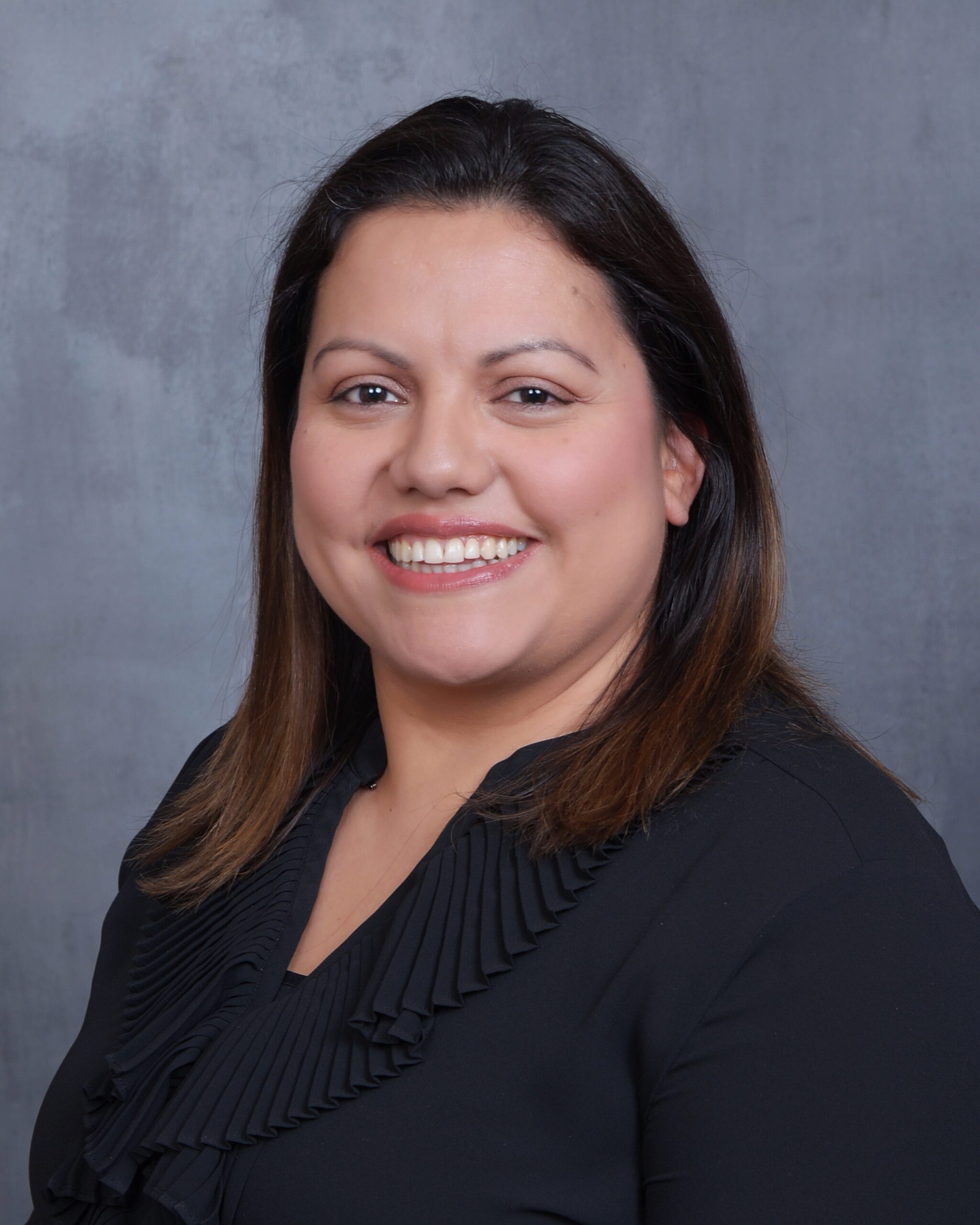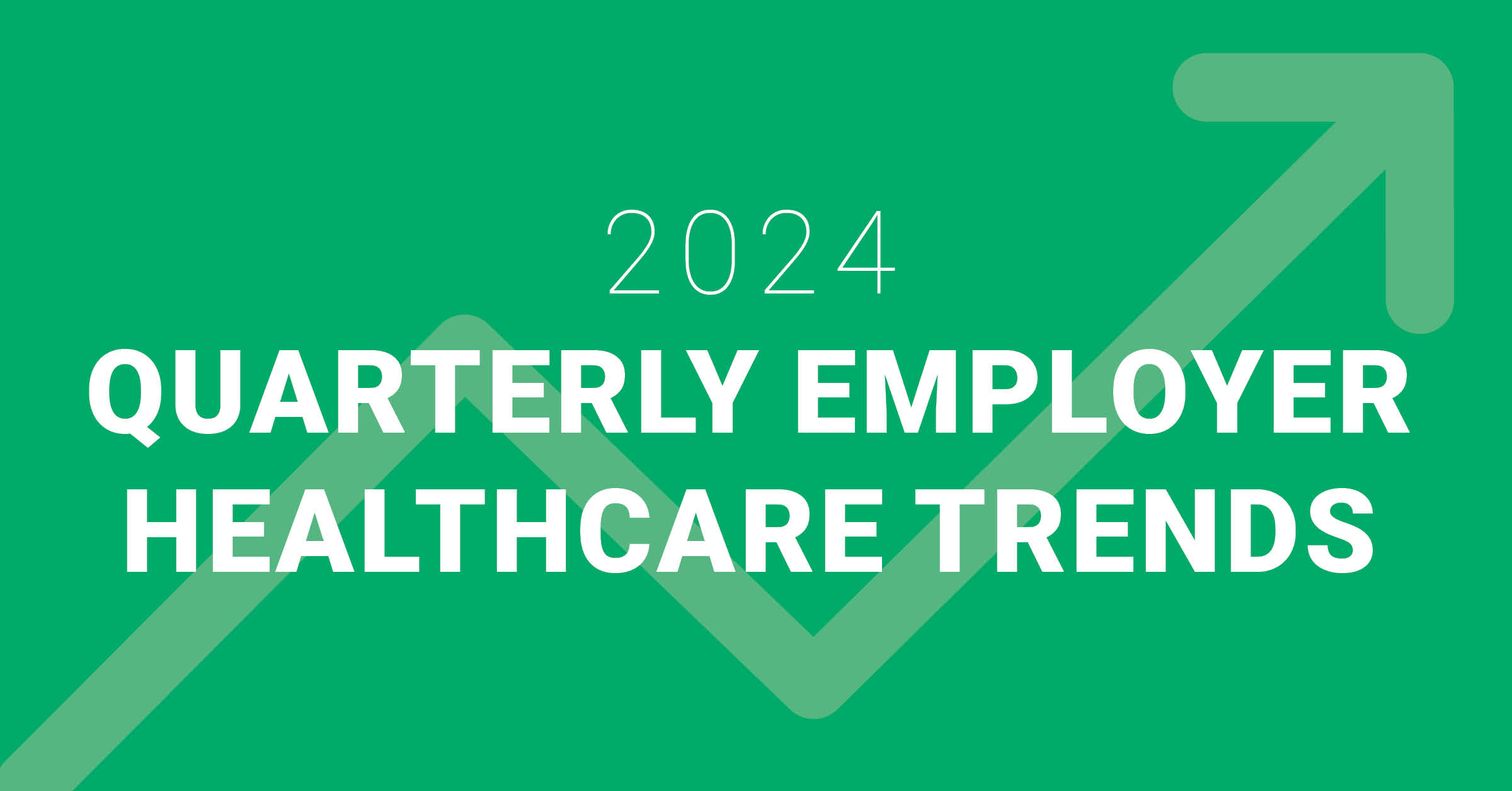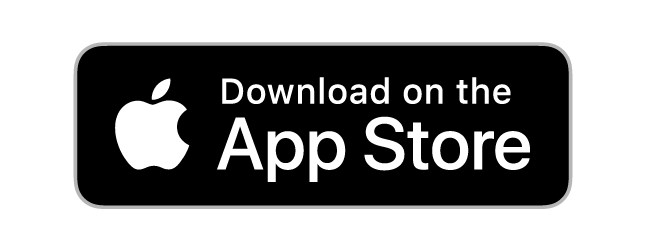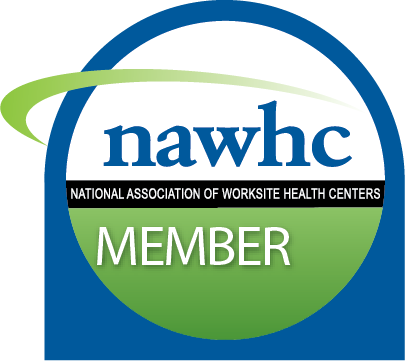As a Nurse Practitioner and Regional Clinical Leader for Marathon Health, I help our customers manage their employees’ medical needs through near-site and onsite health centers. My region (South Pacific West) covers large metro areas, as well as rural locations. And there’s a clear difference in how those two populations receive healthcare.
For example, in the Dallas-Fort Worth area, most of our centers are located near where people work or within their own office space. It’s so accessible, they can visit on their lunch breaks. But at oil fields in west Texas, people work several hours away from a health center and this population might not even live nearby. They work there for two or three months, then travel back home.
To tend to these employees’ health needs, we must think creatively about how we access rural populations and how they access us. It’s our goal to bring quality healthcare to disperse populations.
Removing Barriers
I like to say we provide a type of concierge care that only the elite could access in the past. Our clinicians identify socio-economic barriers to care, whether it’s financial, lack of transportation or not having a support person at home. We ask for permission to discuss the situation with their employer, who can offer support. If the patient agrees, then we inform our clients of these barriers and collaborate to remove them.
If the remote workers can’t access healthcare, we bring it to them. We host safety meeting pop-ups at remote worksites, where our providers offer biometric health screenings, provide medication refills and meet with workers to discuss other health needs. Whatever medical equipment we can carry to the jobsite, we’ll take with us. People feel less anxious about seeing a medical professional on their own turf versus visiting a doctor’s office.
The employer might provide transportation or vouchers for a particular medication to help alleviate a financial burden. They also connect workers to community resources when needed. The mutual goal of Marathon Health and our customers is making sure the people who work for them are healthy and able to do the work they’ve been hired to do.
We also offer virtual services. We set up telephonic or video appointments with our remote patient population to follow up on medication refills or chronic conditions, and send any lab orders to a local center that’s closer to them.
Ensuring Cultural Fits
Marathon Health hires care team providers who are good cultural fits for the population they’ll be serving. Some of our rural populations speak different languages or even receive healthcare services across the border in Mexico.
We have providers who can communicate with our patients in their native language allowing us to better understand the needs of our patients. Many of our providers serving our rural patients also understand the medication equivalencies in the U.S. and Mexico, avoiding potential issues with medication interactions and contraindications.
Some patients have different healthcare beliefs, including the idea that injections are better or work faster than oral medications. Having an understanding of these beliefs allow our providers to explain the best standards of care, while being culturally aware and sensitive to differences.
Customizing Healthcare Options
At Marathon Health, we customize our services to the clientele we’re serving. Working with our customers is key.
In metro areas, there might be 20+ providers for a specialty, but other sites are in areas that lack specialty, and even primary care providers. Even though only 14% of Americans live in rural areas, those rural communities account for nearly two-thirds of primary care health professional shortage areas. To combat this, we created a network of resources.
For example, there could be a six-month wait to see a kidney specialist. In this situation, we’d conduct a phone consultation with a specialist to ensure we prescribe the correct medications and run the right labs until they can take over care.
We also seek out medical professionals who can offer comprehensive levels of primary care, and even some types of specialty care. Most of the providers in those areas are used to functioning at that level, but for us as a company, we have to customize some of our workflows and policies.
Instead of saying, ‘We don’t do this,’ we find a way to do it, and make sure to equip providers with the right tools to meet our patients where they’re at to provide the best personalized care.
You might also like
Subscribe to our newsletter and stay on the cutting edge of worksite healthcare.










